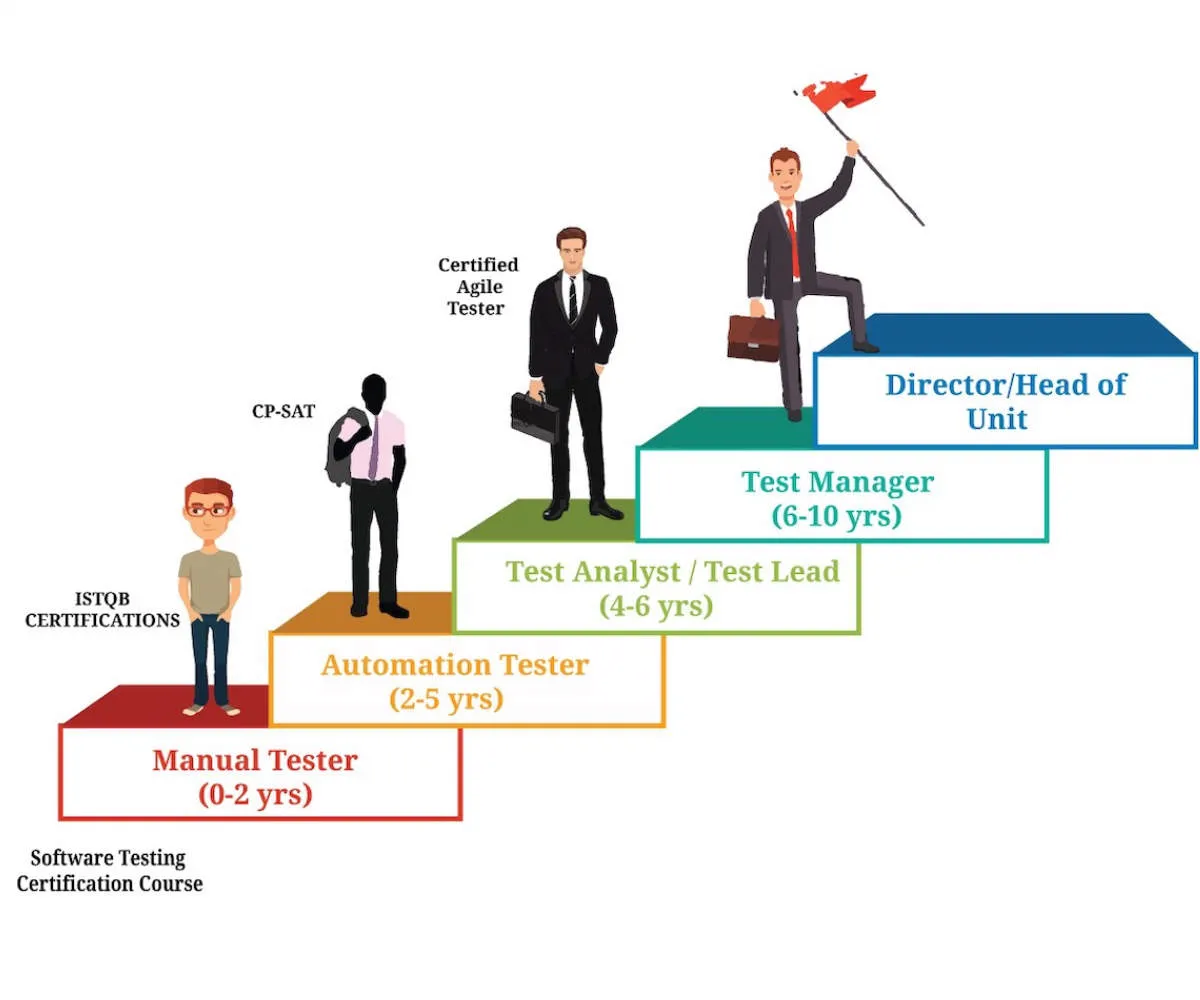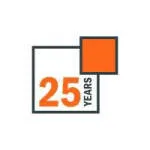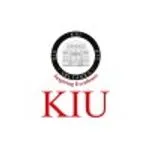
Explore the diverse career paths available in the thriving Sri Lankan education sector, from teaching and administration to curriculum development and educational technology.
Overview of Education Jobs in Sri Lanka
In Sri Lanka, the education sector offers a diverse range of job opportunities for individuals passionate about shaping the future through learning and development. From teachers to educational administrators, there are various roles available for professionals looking to make a difference in the field of education.
1. Teaching Positions: Teaching jobs in Sri Lanka are in high demand across all levels of education, from primary schools to universities. Educators play a crucial role in imparting knowledge and nurturing the next generation of leaders.
2. School Administration: Education jobs in administration involve overseeing the operations of schools and educational institutions. Responsibilities may include managing budgets, curriculum development, and staff coordination.
3. Educational Research: Individuals interested in research and analysis can explore opportunities in educational research organizations or academic institutions. Research roles focus on studying educational trends, effectiveness of teaching methods, and student learning outcomes.
4. Curriculum Development: Curriculum developers work on designing engaging and effective course content for schools and educational programs. They ensure that the curriculum aligns with educational standards and caters to the needs of students.
5. Education Consulting: Education consultants provide guidance to schools, policymakers, and other stakeholders on improving educational practices and policies. They may offer expertise on areas such as teacher training, assessment methods, and educational technology integration.
This overview highlights some of the key job roles available in the education sector in Sri Lanka. Each role plays a vital part in shaping the country’s education system and nurturing the talents of future generations.
Various Roles in Education

When considering career paths in the Sri Lankan education sector, it is essential to understand the various roles available that contribute to the advancement of the educational system. These roles are diverse and crucial in shaping the learning experiences of students and supporting the growth and development of the education sector as a whole.
1. Teachers: Teachers play a fundamental role in delivering quality education to students. They are responsible for planning and implementing lessons, assessing student progress, and providing guidance and support both academically and personally.
2. Educational Administrators: Educational administrators oversee the day-to-day operations of schools and educational institutions. They manage budgets, supervise staff, develop policies, and ensure that educational standards are met.
3. Educational Psychologists: Educational psychologists focus on understanding how students learn and develop. They provide insights into behavior, motivation, and learning difficulties, offering strategies to support student well-being and academic success.
4. Curriculum Developers: Curriculum developers design and revise the content and structure of educational programs. They work to ensure that curriculum meets learning objectives, aligns with standards, and remains relevant and engaging for students.
5. Educational Technology Specialists: In an increasingly digital world, educational technology specialists integrate technology into teaching and learning. They help educators leverage digital tools, platforms, and resources to enhance the educational experience.
6. Educational Researchers: Educational researchers conduct studies and experiments to improve educational practices. They gather data, analyze trends, and provide evidence-based recommendations to enhance teaching methods and student outcomes.
7. Educational Consultants: Educational consultants offer expertise and guidance to educational institutions. They provide specialized knowledge on areas such as curriculum design, professional development, assessment practices, and policy implementation.
In conclusion, the Sri Lankan education sector offers a wide range of roles for individuals passionate about shaping the future through education. Each role plays a unique part in fostering a thriving learning environment and empowering students to achieve their full potential.
Qualifications for Educators in Sri Lanka
In Sri Lanka, educators play a crucial role in shaping the future of the education sector. The qualifications required for educators in Sri Lanka vary depending on the level of education they wish to teach.
Primary and Secondary Education
For educators aiming to teach at the primary and secondary levels in Sri Lanka, a minimum qualification of a Bachelor’s degree in Education (B.Ed) is typically required. Additionally, obtaining a teaching diploma from a recognized institution is beneficial.
Higher Education
When it comes to higher education institutions in Sri Lanka, educators often need to possess a Master’s or Ph.D. degree in their respective field of study. Prior teaching experience and research publications can also enhance their qualifications.
Specialized Areas
For educators specializing in areas such as special education or vocational training, specific certifications and training programs related to their field are essential. These certifications provide them with the necessary skills to cater to the unique needs of their students.
Continuing education and professional development are encouraged for educators in Sri Lanka to stay updated with the latest teaching methodologies and advancements in education.
How to Secure a Teaching Job

Securing a teaching job in the Sri Lankan education sector requires a strategic approach and preparation. Here are some essential steps to increase your chances of landing a teaching position:
- Educational Qualifications: Ensure you meet the minimum educational requirements for teaching roles in Sri Lanka. A Bachelor’s degree in Education or a related field is typically necessary.
- Gain Teaching Experience: Prior teaching experience, whether through volunteer work, internships, or part-time positions, can significantly strengthen your application.
- Professional Development: Continuous professional development such as attending workshops, seminars, and obtaining certifications can enhance your teaching skills and make you a more attractive candidate.
- Network: Build connections within the education sector in Sri Lanka. Attend job fairs, engage with professionals, and leverage social media platforms like LinkedIn to expand your network.
- Prepare a Strong Resume: Craft a tailored resume highlighting your relevant skills, qualifications, and experience in the field of education. Be sure to include any specialized training or certifications.
- Engage in Professional Development: Stay updated on current trends and methodologies in education. Participate in workshops, conferences, and online courses to demonstrate your commitment to professional growth.
- Customize Your Cover Letter: Personalize each cover letter to the specific teaching position you are applying for. Highlight your passion for teaching and tie your skills and experiences to the job requirements.
- Prepare for Interviews: Practice common interview questions and be ready to discuss your teaching philosophy, classroom management strategies, and professional goals.
- Follow Up: After interviews, send thank-you notes to the interviewers and express your continued interest in the position. Following up demonstrates your enthusiasm and professionalism.
By following these steps and staying proactive in your job search, you can improve your chances of securing a teaching job in the competitive Sri Lankan education sector.
Tips for Education Sector Interviews
Interviews in the education sector in Sri Lanka can be crucial steps in advancing your career. Here are some valuable tips to help you succeed in your next education sector interview:
1. Research the Organization
Prior to your interview, make sure to research the educational institution thoroughly. Understand its mission, values, programs, and recent initiatives. This will demonstrate your genuine interest and prepare you to discuss how you can contribute effectively.
2. Highlight Relevant Experience
Focus on showcasing your relevant experience in the education sector. Highlight your achievements, projects you have worked on, and any innovative ideas you have implemented. This will demonstrate your capability and passion for the field.
3. Prepare for Common Questions
Anticipate common interview questions related to education, such as your teaching philosophy, classroom management style, or how you handle student diversity. Practice your responses to ensure you communicate effectively and confidently.
4. Showcase Your Adaptability
Educational environments are dynamic, so emphasize your flexibility and adaptability. Share instances where you have successfully adapted to new teaching methods, technologies, or challenges in the classroom.
5. Demonstrate Continuous Learning
Emphasize your commitment to lifelong learning and professional development. Discuss any certifications, workshops, or courses you have completed to enhance your skills and stay updated with advancements in the education sector.
By following these tips and adequately preparing for your education sector interviews, you can increase your chances of securing a rewarding career opportunity in the Sri Lankan education sector.
Adapting to Educational Institutions

Adapting to educational institutions in the Sri Lankan education sector is crucial for individuals seeking a successful career path. Understanding the unique features and requirements of these institutions can greatly enhance one’s professional journey.
Flexibility in Learning Approach: Educational institutions in Sri Lanka often emphasize traditional teaching methods. Adapting to this environment involves being open to different approaches to learning, such as lecture-based sessions and theoretical assessments.
Understanding the Curriculum: To excel in the Sri Lankan education sector, individuals should familiarize themselves with the local curriculum standards and requirements. This adaptation ensures that they can effectively contribute to academic goals and student development.
Embracing Cultural Diversity: Sri Lankan educational institutions host a diverse student population. Adapting to this diversity involves respecting different cultural backgrounds, viewpoints, and traditions, creating a harmonious learning environment.
Professional Development Opportunities: Adapting to educational institutions also entails leveraging professional development opportunities provided by schools and colleges. Engaging in continuous learning and skill enhancement prepares individuals for career advancement within the sector.
Conclusion
In conclusion, the diverse career paths within the Sri Lankan education sector offer opportunities for growth and impact, attracting professionals seeking to make a difference in the field of education.















